Introduction
Dating can be a complex journey for anyone, but for individuals on the autism spectrum, it often presents unique challenges that require understanding and adaptation. From navigating social cues to managing sensory sensitivities, the landscape of romantic relationships can feel overwhelming.
However, with the right communication strategies and a supportive partnership, these challenges can transform into opportunities for growth and deeper connection. By fostering open dialogue and respecting each other's boundaries, couples can create a nurturing environment that allows both partners to thrive emotionally and socially.
This article delves into essential strategies for successful dating while embracing the distinct experiences of those on the autism spectrum.
Understanding the Unique Challenges of Dating with Autism
Individuals on the spectrum may face unique challenges in dating with autism, such as:
- Difficulties with social cues
- Emotional regulation
- Understanding non-verbal communication
These challenges can lead to misunderstandings or emotions of isolation during romantic interactions. It's important for both partners to recognize that these obstacles in dating with autism are not personal shortcomings but rather aspects of navigating relationships with developmental differences.
By fostering open discussions about these challenges, couples can create a supportive environment that encourages growth and understanding.
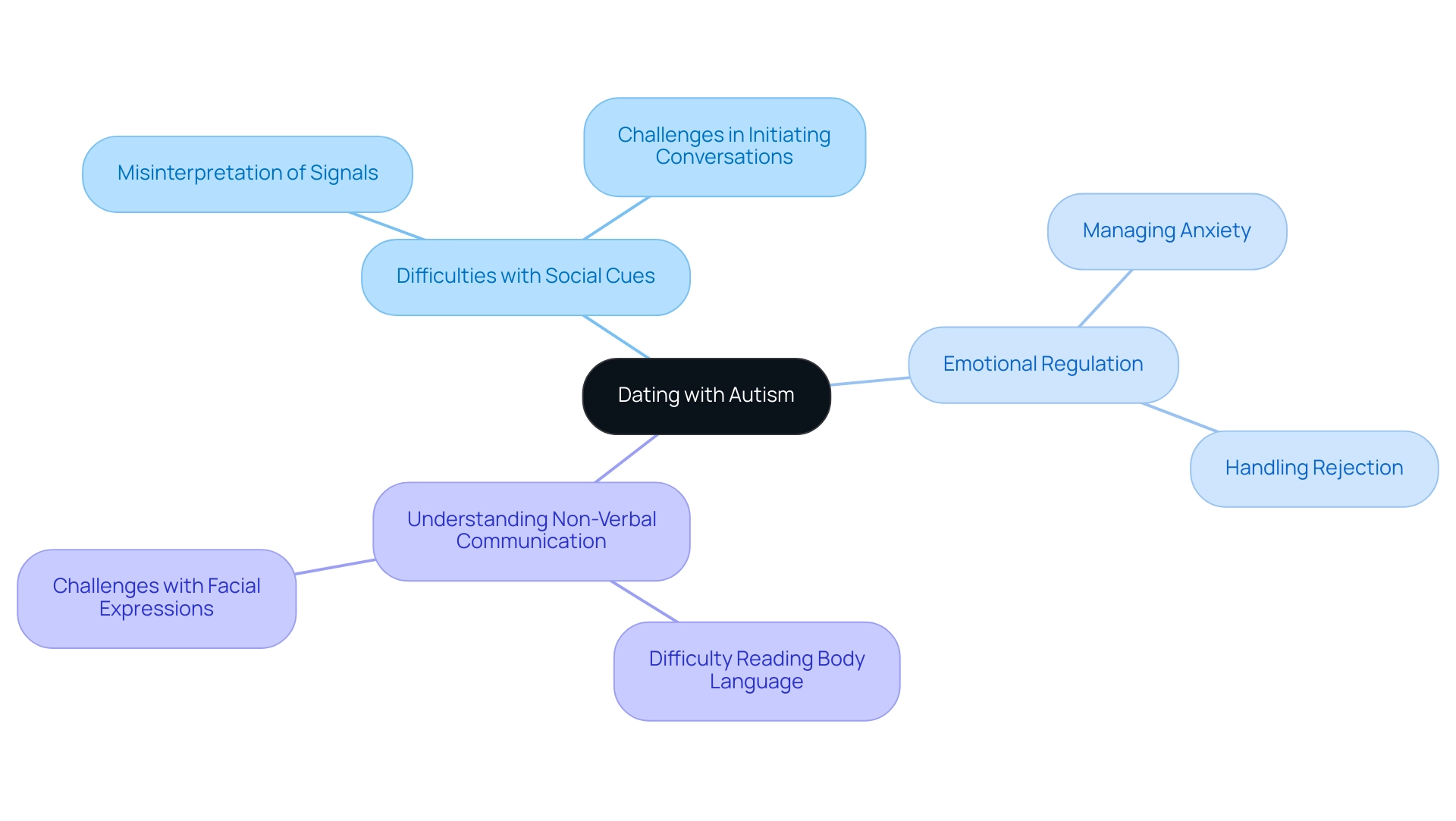
Effective Communication Strategies for Successful Dating
Successful dating requires clear and direct communication. Individuals on the autism spectrum may benefit from dating with autism by expressing their thoughts and emotions explicitly rather than relying on implied meanings. Utilizing 'I' statements can assist in expressing emotions without assigning blame.
For example, saying I feel overwhelmed in crowded places rather than You always choose crowded places can foster understanding. Additionally, practicing active listening during dating with autism—where both individuals fully engage in the conversation—can enhance mutual respect and connection.
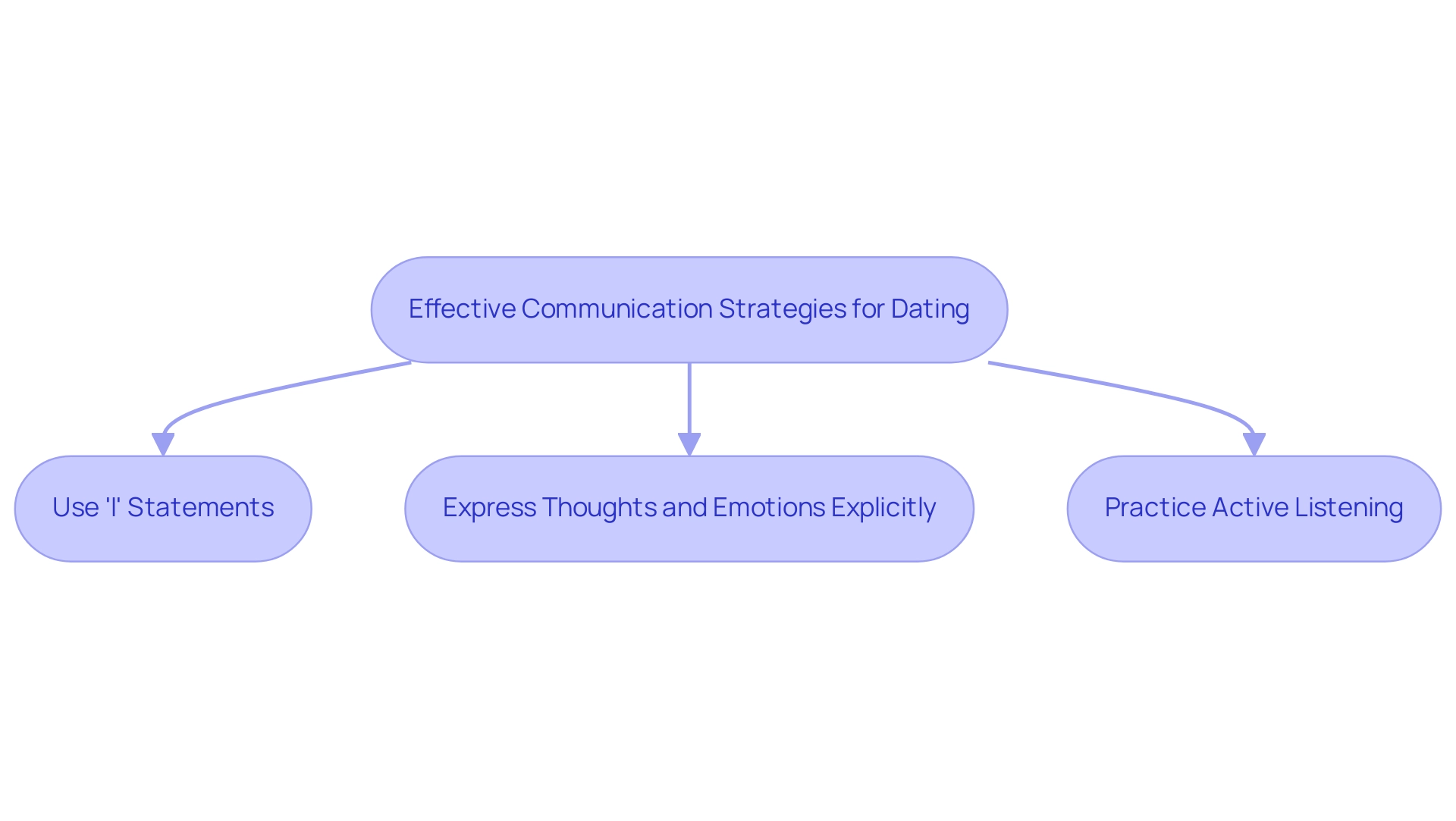
Navigating Sensory Sensitivities and Overstimulation in Dating
Sensory sensitivities can play a significant role in dating with autism experiences. Individuals may find certain environments—like loud restaurants or crowded events—overstimulating. It’s essential to communicate preferences for quieter settings or to take breaks when feeling overwhelmed.
Couples can establish safe words or signals to indicate when one individual needs a break. By prioritizing sensory comfort, both individuals dating with autism can enjoy their time together without the stress of overstimulation.
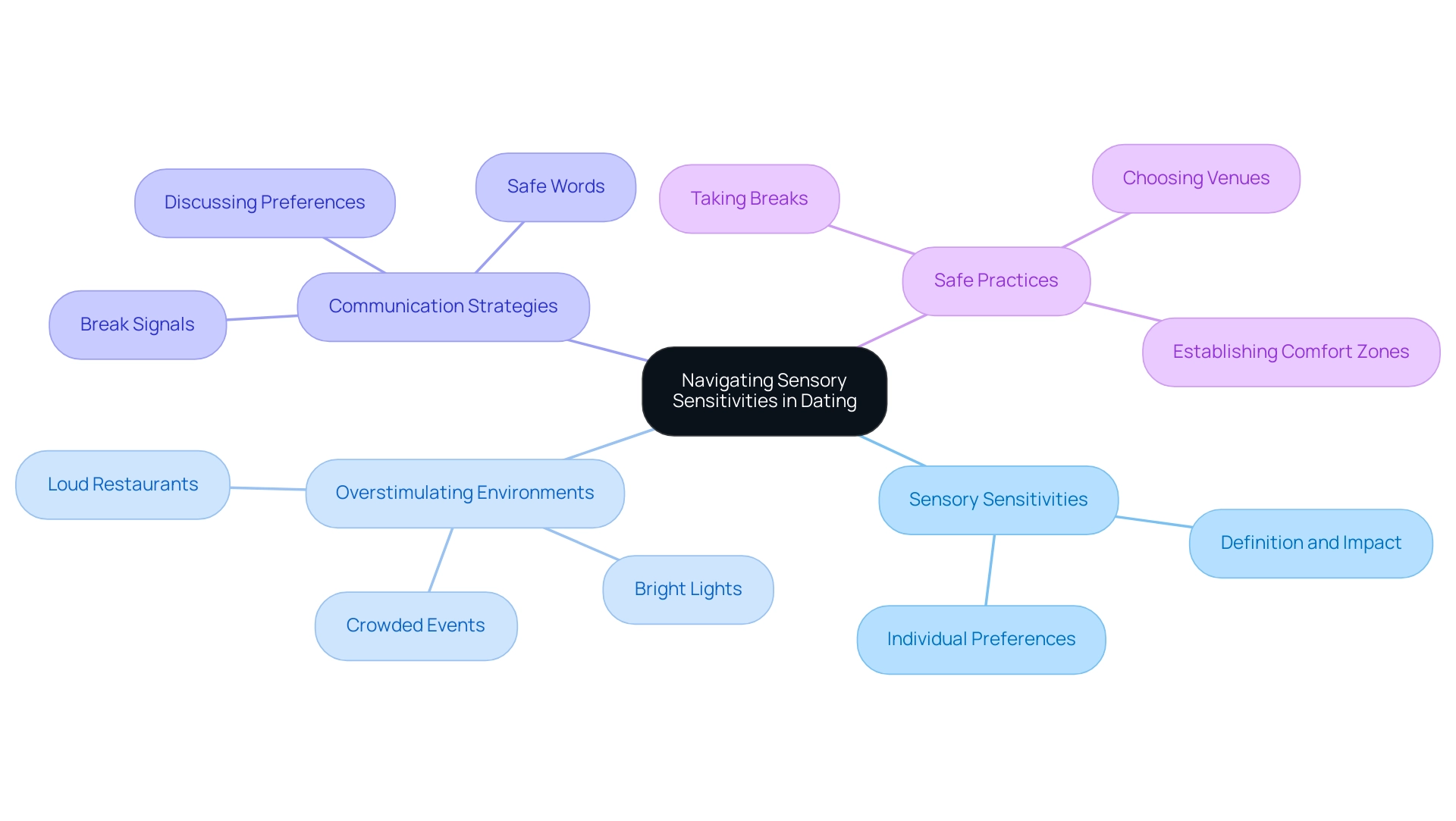
Respecting Boundaries and Supporting Your Partner
Respecting personal boundaries is vital in any relationship, particularly in dating with autism. Discussing and setting limits—such as personal space, sensitive subjects, and social interactions—can help both individuals feel secure. It’s crucial to check in regularly and ensure that both partners are comfortable with the relationship’s pace.
Supporting each other’s boundaries not only fosters a sense of safety but also strengthens the bond.
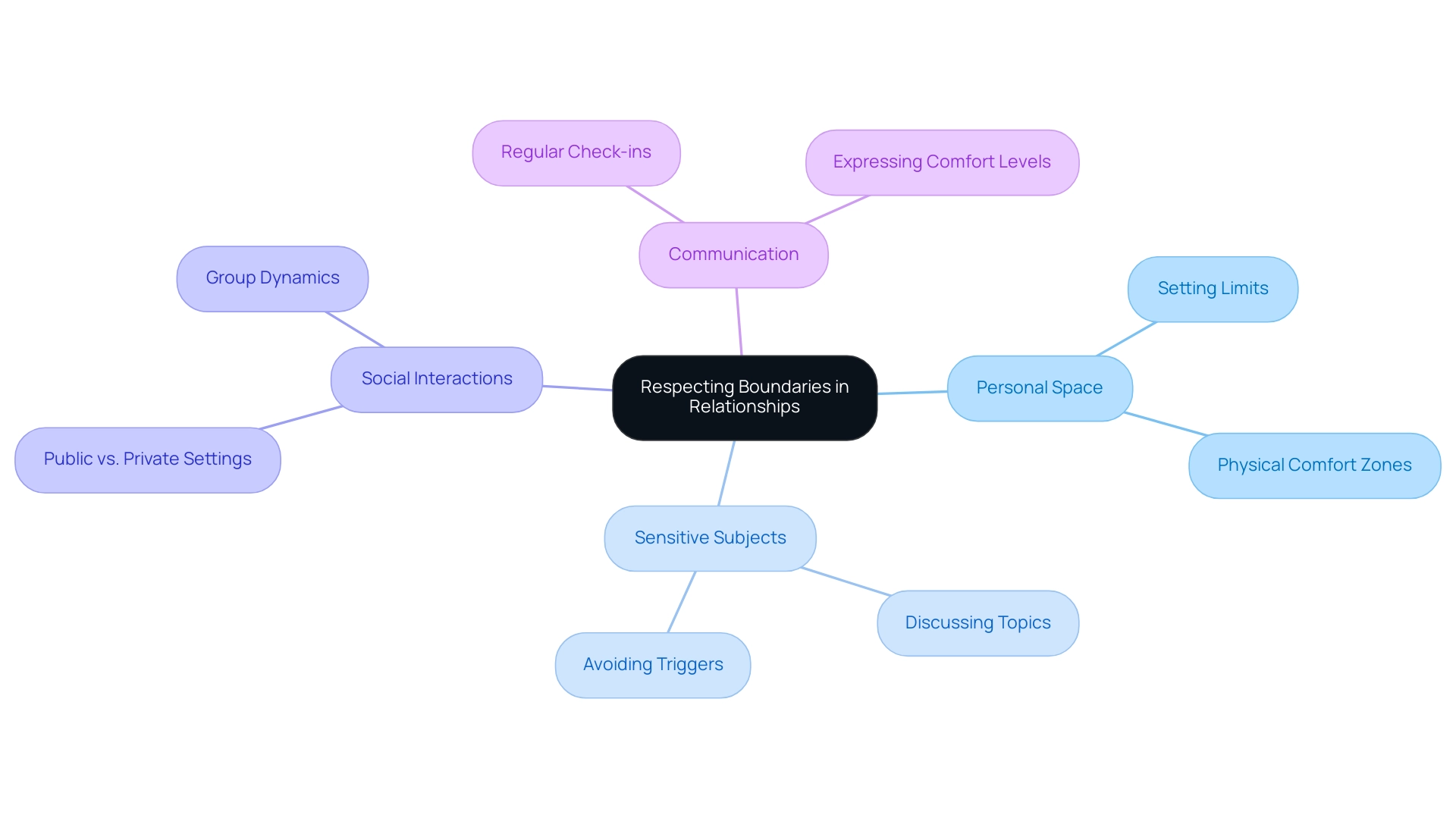
Embracing Emotional Intensity in Relationships
Individuals on the autism spectrum may experience emotions more intensely, which can enrich relationships while also presenting challenges in dating with autism. It’s important to acknowledge these feelings as valid and to create a setting where both individuals can express their emotions openly. Practicing regulation techniques—such as mindfulness or deep breathing—can help manage overwhelming feelings.
Embracing this emotional intensity can lead to deeper connections and a more profound understanding of each partner’s experiences, especially in the realm of dating with autism.
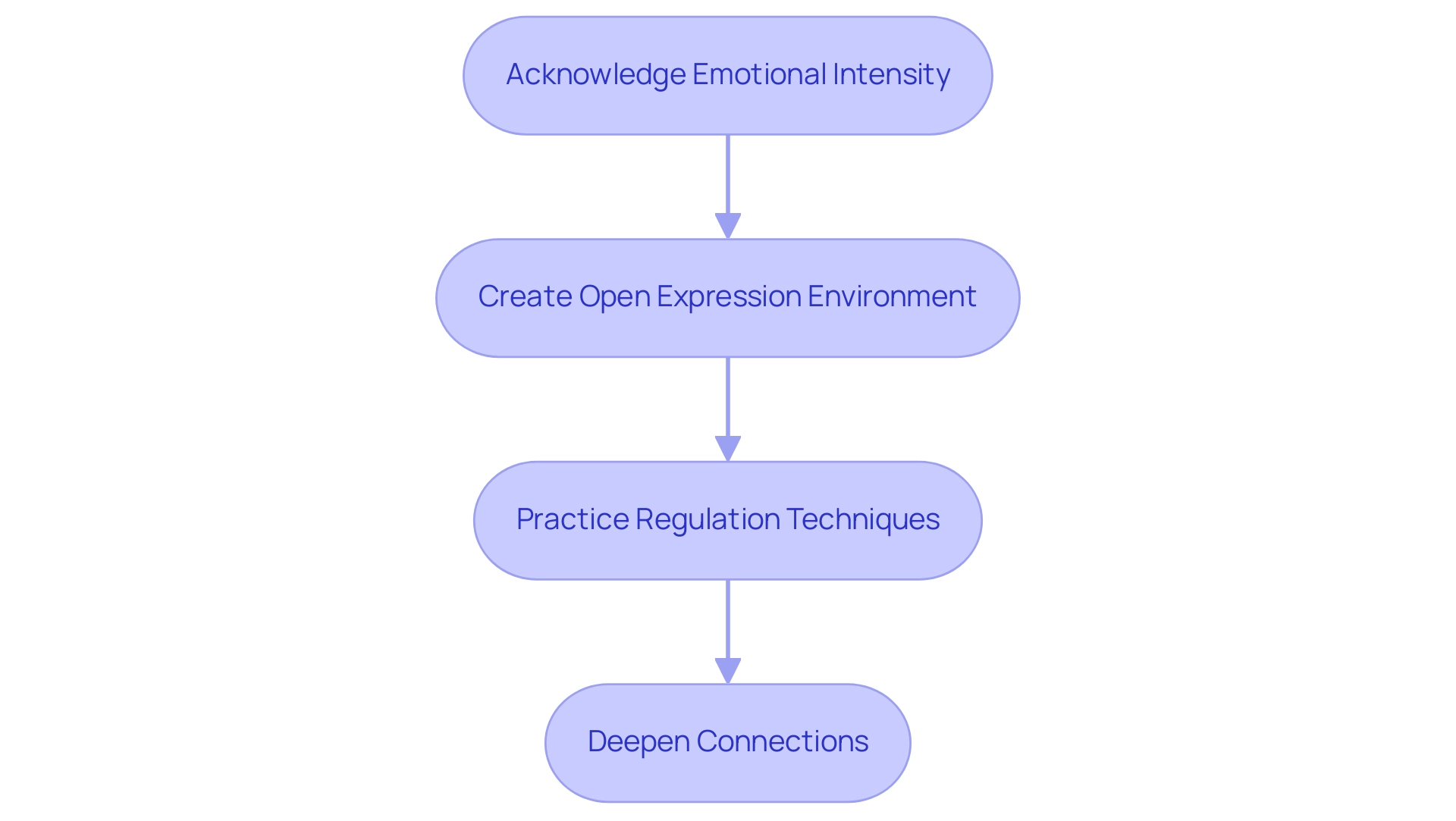
Conclusion
Navigating the world of dating while on the autism spectrum comes with distinct challenges, but it also offers opportunities for profound connection and growth. By understanding the unique hurdles—such as difficulties with social cues, sensory sensitivities, and emotional intensity—partners can cultivate a supportive environment that fosters understanding and mutual respect. Open communication is essential, allowing both individuals to express their feelings and preferences clearly, which can help bridge gaps in understanding.
Implementing effective strategies, such as prioritizing sensory comfort and respecting personal boundaries, enhances the dating experience for both partners. Establishing safe signals and regularly checking in about comfort levels can create a sense of security that deepens emotional connections. Moreover, embracing the intensity of emotions experienced by individuals on the autism spectrum can enrich relationships, leading to deeper empathy and shared experiences.
Ultimately, the journey of dating on the autism spectrum is a path of discovery, patience, and support. By employing these strategies, couples can transform challenges into opportunities for deeper connection, ensuring that both partners thrive emotionally and socially. With understanding and commitment, the challenges of dating can become stepping stones toward a fulfilling and enriching relationship.




